For many Suzuki teachers, SAA Conferences and Leadership Retreats (held on alternating years) are the best way to kick off summer. Packed full of inspiration and camaraderie, these events are not to be missed! If you haven’t yet been to a Leadership Retreat, read on for comments from 2015 attendees to learn more.
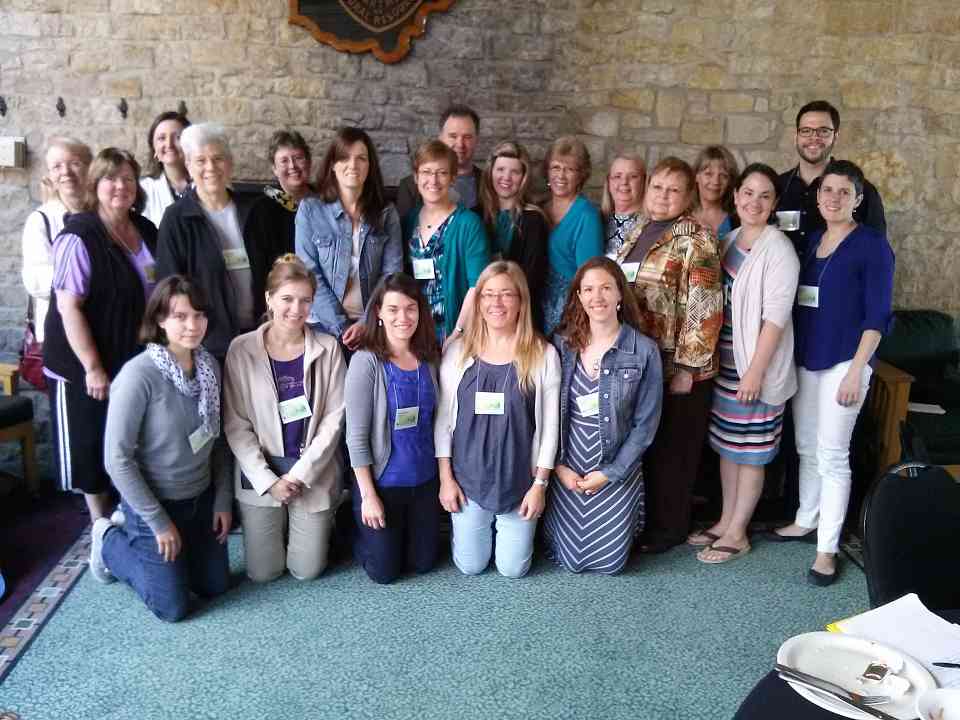
SAA Local Leaders—Chapter Affiliate and other Association Leaders at the 2015 SAA Leadership Retreat
After listening to three days of lectures and taking a plethora of notes, it is difficult to narrow down to just one key point from the SAA Leadership Retreat. I believe that we hear what we need to hear at a time when we need to hear it. This has been the case for me these past few days with several sessions being devoted to teaching teens.
With a new teaching situation upon me in the fall that includes about a dozen kids from the age group that frightens most, I came to the retreat longing for some fresh ideas. The first session I attended that related to teen teaching was led by Brian Lewis, who not only talked through the teaching points of six supplementary pieces for older students, but who also gave bits of advice on how to relate to the teenage group. Post-session, I not only feel as though I have a few more pieces of music in my bag of repertoire, but also some recommendations such as allowing the students to draw connections to composers through odd bits of history, finding ways to have the students to relate to one another despite the differences they may have, and guiding the students so that they are able to find other resources besides their home teacher.
Another session that was helpful regarding teens was “Motivating Advanced and Older Violin and Viola Students.” This session was led by a panel of experienced teachers who all provided helpful suggestions to help build camaraderie and support among the older Suzuki students. Janis Wittrig suggested that we treat these older students as colleagues and speak to them about their future intentions with music. Rob Richardson advocated that older students need to take ownership of their practice so they can feel successful on their own. Linda Fiore is quite involved with chamber music with her older students, and Amy Gesmer-Packman enjoys touring with her teens. Finally, Carol Dallinger advises “cool” repertoire and encourage teens to take on mentoring roles.
During both of these sessions, I envisioned my new group class for the fall playing new repertoire, touring, mentoring, and becoming successful self-practicers. Because of these lectures, I definitely feel more equipped for the challenges that lie ahead. Timing really is everything.
– Samara Humbert-Hughes
Some ideas that will stick with me from my first SAA Leadership Retreat:
A reminiscence of Dr. Suzuki from Hiroko Driver: “If the student is not ready to take a lesson, you are not ready to teach.”
From Pat D’Ercole: “Kids don’t drop out, parents and teachers drop them.”
From Marilyn Kessler: “Remain positive, consistent, patient, inventive, energetic, encouraging, have repetitions ready, praise progress and seek out the student’s smile when they feel good about themselves.”
Amidst all the learning, reinforcing of values and stimulating exchanges with colleagues, I have felt a strong sense of community, appreciation and respect. This has left my mind buzzing and my heart full.
– Laura Nerenberg
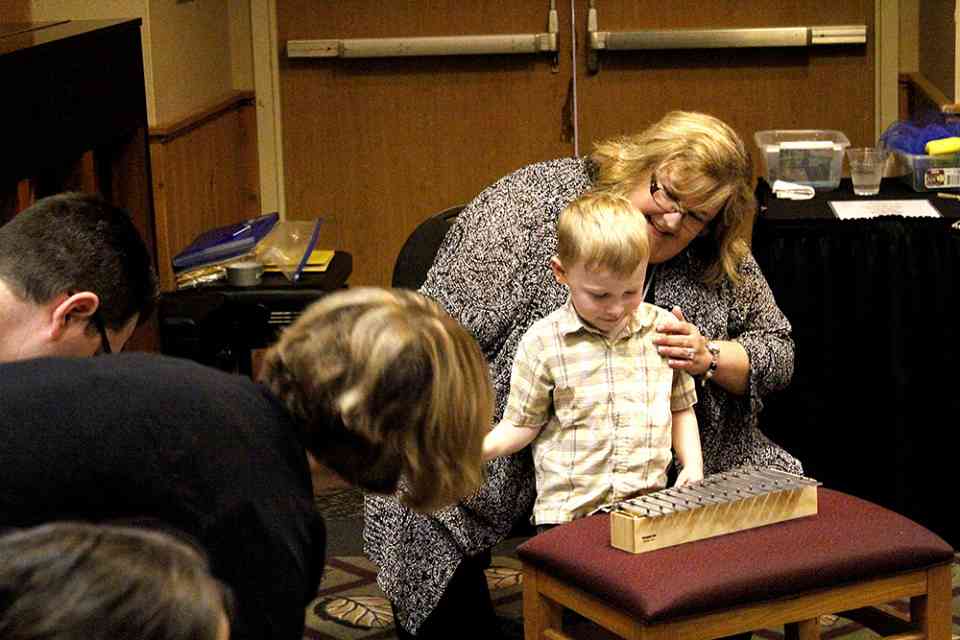
Sharon Jones and Student—2015 Leadership Retreat Baby Class
As I write this, reflecting back upon the leadership retreat in Ohio that just ended yesterday, I amstruck by the ability of Suzuki teachers to work together seamlessly. We know that having a common repertoire allows students to come together and instantly connect through music, but with teachers, presentations, computers, demonstrations, and the logistics required, it would seem to be a whole different ballgame. The list of sessions where the presenters from different cities, states, and even countries, collaborated beautifully is too long to list here, but the particular session that was the most striking example for me was the SECE demonstration class. Sharon Jones and Susan Stephenson walked into a room with approximately ten babies, toddlers, and parents, and team-taught a most beautiful class under the watching eyes of a packed room-full of observers.
As an SECE teacher myself, I know the challenges: maintaining calm and focus for an hour with the zero-to-three crowd, developing a non-verbal communication system between the two partner teachers, often described as a “complex ballet,” and teaching an effective class while “performing” for a room full of colleagues and cameras. All facets were demonstrated with the utmost skill and polish. Now, I know that Sharon and Susan have known each other for many years and did speak with each other before the actual session, but the gentle way they danced their ballet, “passing the baton” for each class activity, so to speak, was as if they taught together every day, but actually, they live in two separate countries! The end result was magical. Through their common repertoire, they shared their common language to make an instant connection with the parents and babies participating which spread throughout the room to the observers. They are continuing the vision of Dr. Suzuki on every level.
– Danette Schuh
The final cello teachers’ session at the SAA Leadership Retreat was “The History of Suzuki Cello.” The session was lead by our current SAA board president, Marilyn Kesler. The history in the session was relayed through the telling of stories beginning in the early 1960s.
Marilyn Kesler told stories about John Kendall and adapting the violin books for cello. Jean Dexter was weaved into the stories as a valued teacher contributing to the development of the books and present at the many cello committee meetings that took place at the American Suzuki Institute. Barbara Wampner and Gilda Barston contributed many stories from the 1970-80s and working with Japanese Cello teachers and Dr. Suzuki as well as Tanya Carey’s efforts in helping the teachers through the decisions that lead to the books and recordings we currently utilize for teaching.
As a cello teacher who joined the SAA in the early 1990s, it was so important for me to hear all these stories of how Suzuki Cello developed and how our repertoire, books and recordings came to be. We truly stand on the shoulders of all who worked tirelessly for decades for all the Suzuki cellists that have been, are, and will be in the future thanks to our Suzuki Cello pioneer teachers.
– Alice Anne O’Neill
This was my first time attending the Leadership Retreat and it was, by far, even better than what I was expecting! All the sessions and conversations with colleagues brought out so much information and camaraderie! It was truly inspiring and refreshing!
The session on Conversational Intelligence by Judith Glaser and Michael Stabile was so informative: learning how fast human beings can connect in a deep level—0.07 seconds!— highlighted the importance of being open to our students and parents, so a good relationship can develop. Also, the idea of“Level Three Conversations”(true listening, connecting rather than judging, sharing instead of persuading) was very close to home for Suzuki teachers, as it stressed the importance of listening and sharing information.
I’m sure I speak for all attendees when I say this was a great event and we are all looking forward to the Conference in 2016 and the next Retreat in 2017.
– Rafael Videira
I am so grateful I attended the Leadership Retreat this year! It was the most inspiring Suzuki experience I’ve had in a long time. Everyone was inclusive and caring, and I really felt like people wanted to hear my thoughts on the future of Suzuki.
There were also some really incredible sessions. Sarah Bylander Montzka gave a powerful keynote talk about her vision for the future. It made me so excited to see what is in store for the future and what will be presented at the next conference.
Conferences and retreats are so vital to us as teachers if we truly want to keep growing and developing as teachers and as a community. I’m so grateful I had the opportunity to attend the retreat this year as I now feel more hopeful and excited for the future of our Suzuki community and I have ideas for how I can help in my own small way.
– Heather Watson Hardie
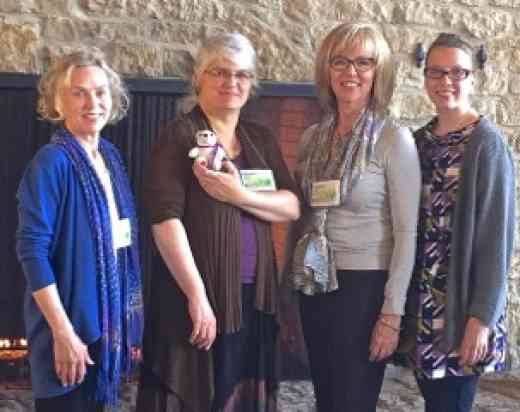
Flute and Recorder Teachers at 2015 Retreat
There was a lot of cross-fertilization of ideas between the flute, recorder, and voice people who were at Leadership. We all rely on breath for our sound, so we were comparing ideas and techniques and finding lots to share. Some of these ideas found their way to the Conference committee planning sessions, so look for a panel discussion on these topics at the 2016 conference.
The sessions on ethics, adult education and effective communication gave me a lot to think about. Yes, we have a wonderful child centred method of music education, but how do we ensure that people really truly understand what our aims and aspirations are? I know I am guilty of assuming that once a family is in my program they understand how the method works, but that is not always the case. I left Leadership with many thoughtful ideas about promoting ongoing communication and education outside of the usual new parent orientation sessions. Now to find the time to work out how to implement them!
– Kathleen Schoen
I would like to thank Sally Gross for all her hard work making our recent retreat at Deer Creek one of the best ever. In my opinion, the cello sessions were particularly good this year, and very useful for me personally. Paul Pulford was a great choice as a clinician; I am about to teach an Advanced Technique class for the teachers in Bogotá, Colombia, and I received so many good ideas. It was inspirational to see what Alice Anne is doing with her young students, particularly the community she is creating among the families she serves. The cello reading ensemble was great fun, and all new music! Thank you Gilda, for sharing your wisdom with us. Carey Beth always inspires me to think more creatively about my group lessons. It was fun to hear Marilyn and Barbara talk about the early days of Suzuki cello!
In my opinion (this coming from a person who has to travel far to get there, from Seattle), Deer Creek was an ideal location, because so many cellists live within driving distance. Thanks to all for bringing all those extra cellos, it made all the difference.
– Barbara Balatero
With record-breaking attendance, 2015 was our biggest Leadership Retreat yet. We can’t wait to share what’s in store for the 2016 Conference—stay tuned!
Did you attend the Leadership Retreat this year? What were some of the highlights for you?

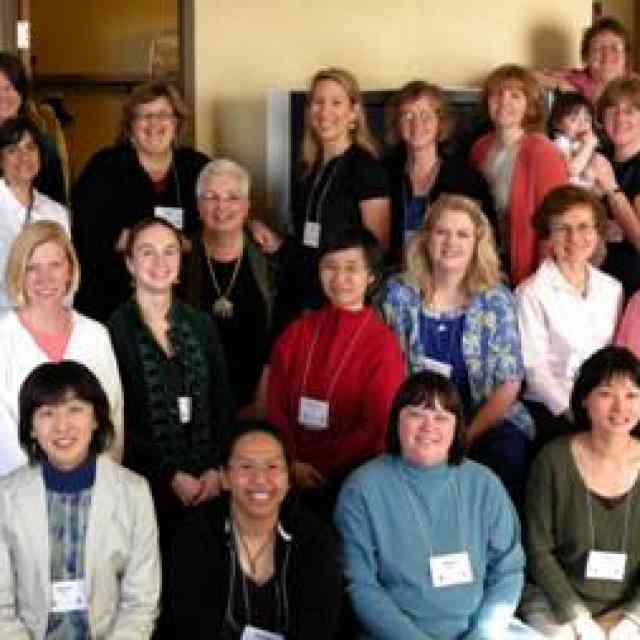
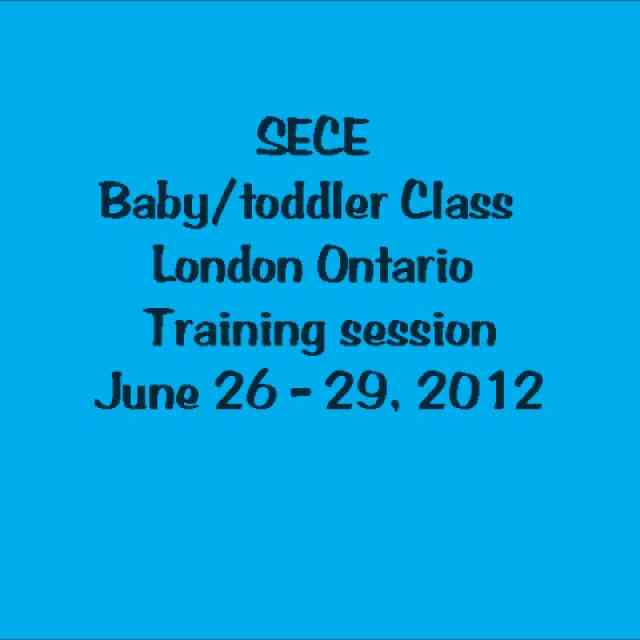
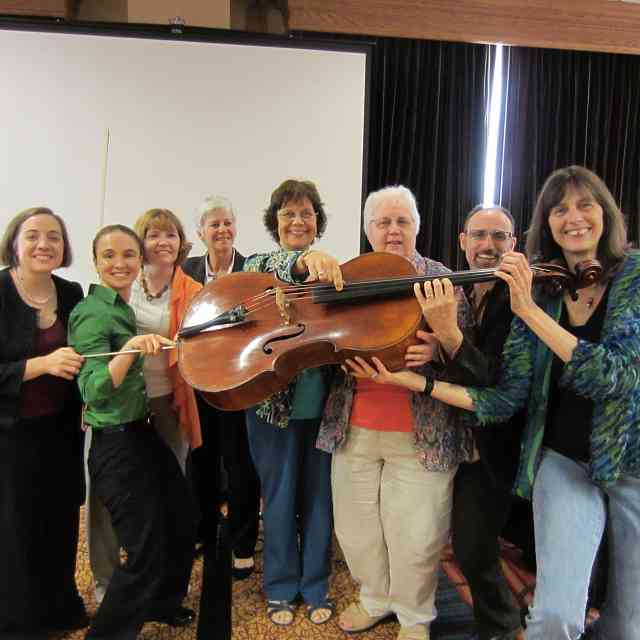





Comments
6 posts
It was such a inspiring experience attending my very first SAA Leadership Retreat. I was honored to give a presentation on the Group Class Techniques with Carey Hockett.
From going to two SAA conferences, I saw the size and felt the energy of our organization. From attending the Leadership Retreat, I truly felt the core spirit of what it means to be a SAA member.
Everyday during the retreat from every single session, I had so much to take away and think about.
Besides so many wonderful stories shared with other participants on this blog, my first take-away was when Ms. Hiroko Lippman shared her memory with Dr. Suzuki that “Relationship comes first” before even thinking about teaching a child.
Seeing so many core members devoting their wisdom, time and energy into our organization, I feel the humility in great depth.
I would like to shout out a big “Thank you all so very much!” to all the staff behind this retreat.
Shu-Yi Scott